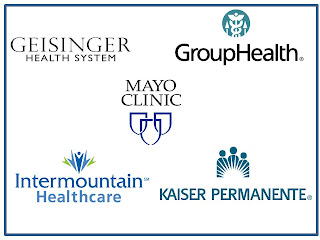We at the Homer Warner Center for Informatics Research are saddened at the passing of Dr. Homer R. Warner, our founder, our mentor, our colleague, and our friend. Dr. Warner passed away in Salt Lake City on November 30, 2012 due to complications of pancreatitis.
The groundbreaking work done by Dr. Warner and his team in the use of computers in medicine led to the creation of one of the first computer-based electronic medical record systems in the world, Intermountain Healthcare's HELP system, which is still in use today. Dr. Warner also established the Department of Biomedical Informatics at the University of Utah School of Medicine, where many team members of the Homer Warner Center are currently serving as faculty members and graduate students.
Dr. Warner's unassuming style, inquisitive and generous nature, and brilliant mind have been and will continue to be an inspiration to all of us here at the Homer Warner Center. He will be greatly missed.
Dr. Warner's obituary is here: http://www.legacy.com/obituaries/saltlaketribune/obituary.aspx?n=homer-richards-warner&pid=161365650.
Our thoughts are with all members of Dr. Warner's family.
 |
| Bust of Dr. Homer Warner located at the Homer Warner Center in Salt Lake City, Utah |








